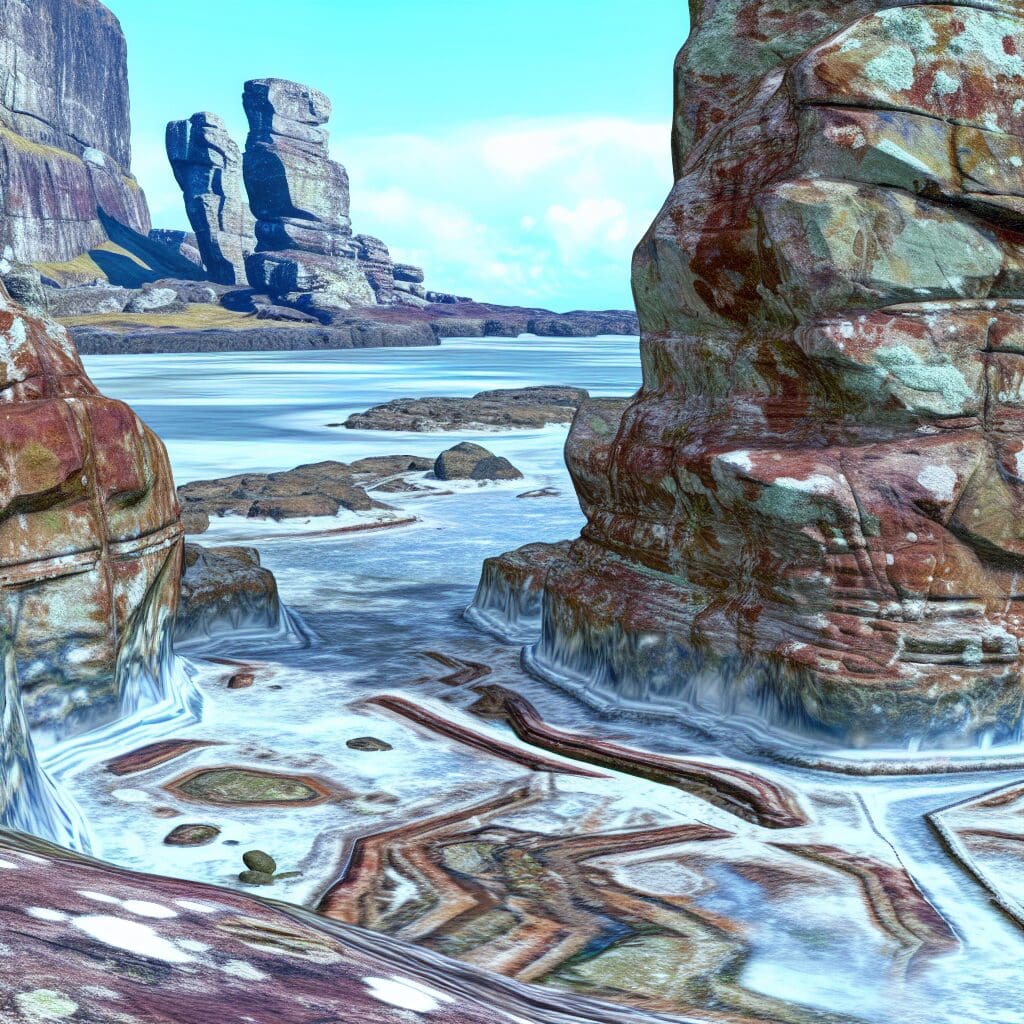Research recently illuminated a crucial epoch in Earth’s history, referred to as “Snowball Earth.” This term describes a period when vast regions of our planet were completely frozen, an extraordinary scenario indicating the profound transformations Earth underwent. The evidence supporting this theory has steadily emerged from ancient rock formations, particularly those found in Scotland and Ireland.
These formations provide key insights into climatic conditions that prevailed during this icy phase. Geologists have examined these rocks, uncovering specific mineral deposits and sedimentary structures that signal dramatic fluctuations in temperatures and environmental conditions. The findings suggest that these regions were once part of extensive glacial landscapes, radically different from the ecosystems we know today.
This discovery not only expands our understanding of Earth’s climatic history but also emphasizes the interconnectedness of geological phenomena and climate change. The implications are significant, particularly as contemporary society grapples with its own changing climate. Historical insights can act as cautionary tales, illustrating the far-reaching impacts of significant temperature shifts on diverse life forms and ecosystems.
Moreover, acknowledging periods like Snowball Earth may guide today’s innovators and business leaders in crafting sustainable strategies. By understanding past environmental challenges, we can develop more resilient systems for the future. The lessons learned from these ancient geological events serve as reminders of the delicate balance within our environment, a balance that modern society must strive to maintain.
As industries pivot towards sustainability in the face of climate change, the study of Snowball Earth reinforces the necessity of respect for our planet’s history. In pursuing innovation, businesses can draw inspiration from the past, fostering sustainable practices that honor the lessons etched in Earth’s ancient rock formations. Thus, the exploration of our planet’s icy past not only enriches our scientific knowledge but also shapes the trajectory of future business innovations and lifestyle choices for a more sustainable future.












